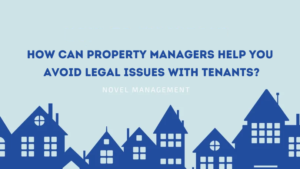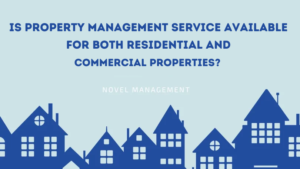Real estate assets like multifamily properties are considered “rock-solid” investments. They are as tangible as assets can get and offer better preservation of capital than most other investment assets. But an accident or another mishap is all it takes to convert your reliable asset into a financial liability. The risk is even more pronounced with multifamily properties because with more units, more tenants, communal areas, and common amenities, the probability of accidents and the chances of business interruption increase drastically.
Thankfully, there is a simple solution: Insurance policies for multifamily properties.
Insurance Policies For Multifamily Properties
Most real estate investment experts agree that there are four types of insurance policies you should look into if you are buying a multifamily property.
1. Property Insurance
The first thing to do is secure your real estate asset. Property insurance for multifamily residential is generally one of two types:
Structure/Building-wise Insurance: If your multifamily property has multiple structures, you can get each insured separately. It might be a bit costlier, but you will likely get better coverage, and you might not have to push through your limits for things like basement flooding and mold.
Whole-Property Insurance: You can get your multifamily property insurance as one-unit.
Both insurance types will reimburse you in case your property gets damaged due to fire, explosions, natural elements, and even weather. Most insurance policies also cover theft and vandalism, but if yours don’t, you may have to encourage your renters to buy renters insurance to plug that liability gap as well.
2. Rental/Business Income Insurance
It’s insurance that compensates you if your business is interrupted due to reasons beyond your control. For example, if you need to vacate your tenants temporarily because of a health hazard or structural damage that’s rendered your multifamily properly un-inhabitable, you won’t be seeing any rental income from that property.
That can be a substantial blow to you if it’s a major part of your income stream. So while property insurance can cover repairs and damages, the business-income insurance will cover you from the income-disruption angle.
Certain elements of the coverage you should look into when it comes to business income insurance are:
- The amount of business income loss that’s covered.
- The amount it compensates you for (if you need to pay it out of pocket) for the actual loss sustained.
- Timeframe of the coverage.
- Payroll duration the insurance will cover.
3. General Liability Insurance
General liability insurance keeps you covered for any bodily harm or trauma your tenants or their guests sustain within your premises that might be attributed to your negligence and building maintenance. If someone trips and falls on the stairs because they are too worn and slippery, their medical insurance might cover the hospital costs. But if they decide to sue you, you might have to pay for the problems they suffer because of the fall, like loss of wages, home-care, etc.
4. Umbrella Liability Coverage
Umbrella liability insurance covers what other insurances, most importantly general liability insurance, don’t. It covers the holes that exist in your other insurance policies or goes beyond the monetary compensation limits of your original insurance coverage. In any case, it’s an important extra layer of liability protection that a multifamily property owner should consider.
Conclusion
Ideally, you should consider getting all four types of insurance policies for multifamily properties for maximum possible protection. Consider them part of your operational and maintenance costs because they can be just as important. Preemptive safety measures are essential, so don’t wait around till after an incident to get insuranc




